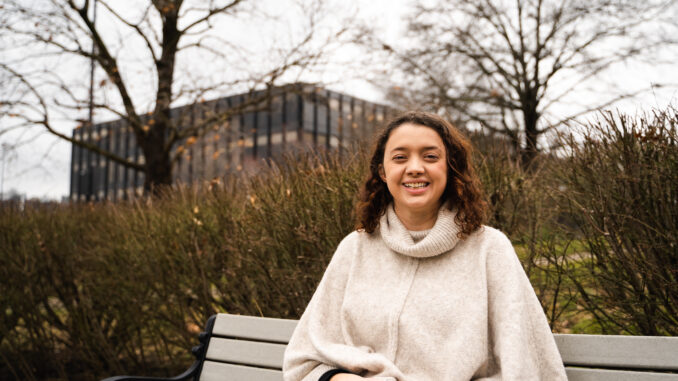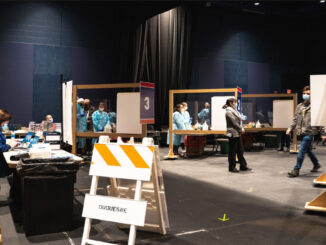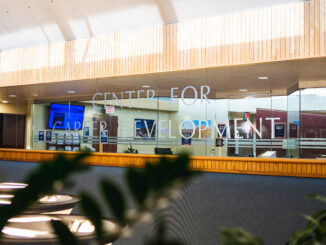

Kellen Stepler | Editor-in-Chief
01/28/2021
Duquesne students began spring semester classes Thursday, Jan. 21, but Allison Mackenzie started taking classes offered by the university two weeks earlier.
That’s because the second-year law student decided to participate in Duquesne’s online J-Term. Geared for enrichment purposes only, and for no credit, 19 free asynchronous courses were available to students interested from Jan. 7 to Jan. 20.
The university originally planned for the first day of the spring semester to begin Jan. 7, but delayed the start by two weeks due to the COVID-19 pandemic.
“The Virtual J-Term lets us reward students for the hard work they did to keep the campus safe during the fall semester,” university Provost David Dausey said in an email to all students in October, announcing Duquesne’s first-ever J-Term along with the spring schedule. “Having the opportunity to take a quick course on a subject that seems interesting can help get students ready for their return and enrich their overall experience.”
Mackenzie said that as a law student, the non-graded J-Term classes were more “low-key” than her law classes. She took three of the J-Term classes — Divine Comedy: Theology through Stand-Up; He Called Me a Mud-Blood! Exploring Racism and Classism in Harry Potter; and Presidential Honeymoons: The First 100 Days of an Administration.
“Those were the ones that sparked my interest,” Mackenzie said.
With an undergraduate degree in political science from Duquesne, Mackenzie said that the Presidential Honeymoon course was her favorite of the three. For someone who has been enrolled at Duquesne for five years, the J-Term was a “way different experience” compared to typical fall and spring semester courses.
“The biggest difference is flexibility — the J-Term was for learning purposes only,” she said. “Semester courses are not as flexible; like deadlines, for example.”
For someone who never took a J-Term before, Mackenzie said that she would do it again.
“It’s great for Duquesne to offer,” Mackenzie said. “I appreciate that they recognized that COVID changed how people are learning. If someone had an open mind and wanted to learn more, I’d definitely recommend.”
Duquesne professor Kathleen Roberts taught the J-Term course New Year, New World: 14-Day Challenge. With the longer break between the fall and spring semesters, Roberts said that by January, she’d be missing her students a lot, and her favorite part of her job was interacting with students.
“Most typical new year’s resolutions are self-serving, and that’s one of the reasons why they don’t work,” Roberts said. “I wanted to change ‘new year, new me’ to ‘new year, new world’ — that if we make changes this year, they should benefit others.”
Roberts said that the changes are easy to make because there are so many resources out there to make the change last as a lifelong habit.
“The open flow of ideas was similar to a semester class, but maybe it was also heightened by the short and intense nature of the class,” Roberts said.
If Duquesne offers a J-Term course in the future, Roberts recommended that other professors sign up to teach a class.
“I hope there will be more courses like this, beyond J-Term, that Duquesne could open up to our alumni and members of the community,” Roberts said. “It’s exciting to think of a university as a place for lifelong learning, as leaders in the intellectual life of the community.”




